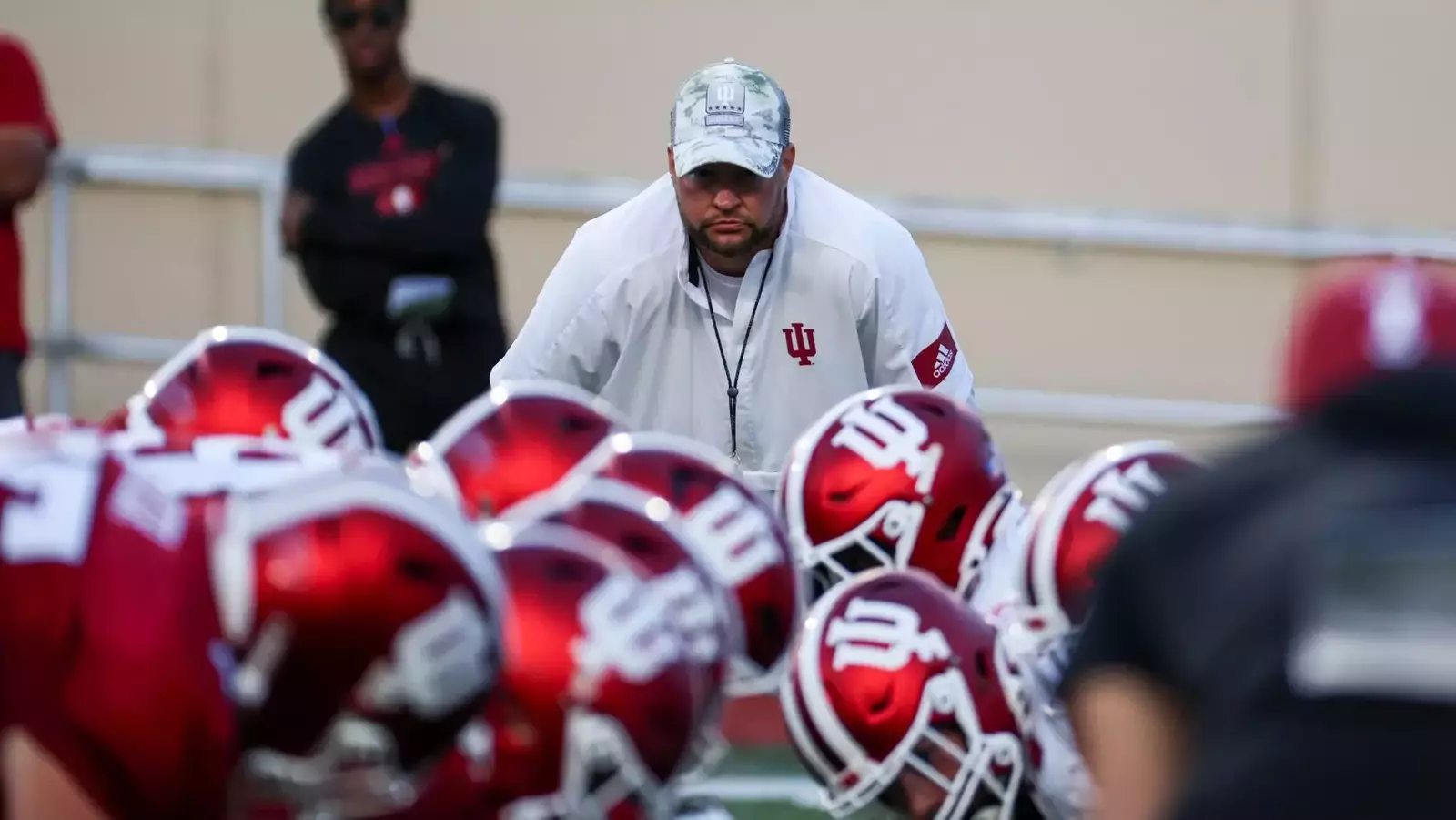- UPenn professor Ethan Mollick now demands his students to use ChatGPT in their reports, for each NPR.
- His new policy comes as educators grapple with the implications of AI.
- Though some educational facilities banned ChatGPT, Mollick explained that it can serve as a beneficial mastering instrument.
While ChatGPT might be finding warmth from selected educators who fret it will aid dishonest, a single professor said that he is embracing the know-how with open arms.
Ethan Mollick, an entrepreneurship and innovation professor at the University of Pennsylvania’s Wharton Faculty, instructed NPR on Thursday that he now involves his students to use ChatGPT to enable with their classwork.
“This is a device that is handy,” Mollick stated in the course of the NPR job interview. “There is a good deal of positives about it. That would not lower the reality that dishonest and negativity are there, but all those have been there for a long time.”
His new AI plan — which NPR reviewed — phone calls AI usage an “rising skill.” The plan also states that learners have to examine ChatGPT’s responses and will be held accountable for any inaccuracies that the bot spits out.
Mollick mentioned that he’s already seeing positive success. During course this 7 days, virtually all of his students used ChatGPT to assistance generate project thoughts for an assignment.
“The tips so much are fantastic, partly as a result of that set of interactions,” Mollick claimed.
He also explained it can assistance pupils, especially non-native English speakers, increase their creating and relieve the stress of nerve-racking producing jobs, such as composing e-mails and letters. Some of his learners who have utilised the AI to do just that explained to him that they had been “taken much more very seriously” as a outcome.
Mollick did not react to Insider’s ask for for comment.
The Wharton professor’s coverage will come immediately after some schools resolved to ban learners and lecturers from applying ChatGPT out of worry that it would encourage plagiarism and cheating. Some professors have already caught their college students using ChatGPT to create their essays, and one particular university scholar even manufactured a device to discover AI plagiarism.
But Mollick is part of a course of educators who think that ChatGPT can really be useful.
He admits that it is “depressing” to know that dishonest may perhaps come about at “an even grander scale” as a final result of ChatGPT. But at the very same time, he thinks that teachers must study to adapt to new systems as they emerge.
“We’ve taught individuals how to do math in a world with calculators,” he reported, likening ChatGPT to that engineering.
Sam Altman — the CEO of OpenAI, the organization behind ChatGPT — echoed the sentiment.
In an interview with StrictlyVC, Altman reported that he understands why educators are nervous about ChatGPT, but that in the end, the rewards would outweigh the fees. He reported that the chat bot can be “an unbelievable personalized tutor.”
“Generative textual content is a little something we all will need to adapt to,” Altman stated.
And it truly is not like ChatGPT is great.
“AI will never ever be as great as the very best specialists in a discipline,” Mollick reported. “We still have to have to train men and women to be authorities.”
- UPenn professor Ethan Mollick now demands his students to use ChatGPT in their reports, for each NPR.
- His new policy comes as educators grapple with the implications of AI.
- Though some educational facilities banned ChatGPT, Mollick explained that it can serve as a beneficial mastering instrument.
While ChatGPT might be finding warmth from selected educators who fret it will aid dishonest, a single professor said that he is embracing the know-how with open arms.
Ethan Mollick, an entrepreneurship and innovation professor at the University of Pennsylvania’s Wharton Faculty, instructed NPR on Thursday that he now involves his students to use ChatGPT to enable with their classwork.
“This is a device that is handy,” Mollick stated in the course of the NPR job interview. “There is a good deal of positives about it. That would not lower the reality that dishonest and negativity are there, but all those have been there for a long time.”
His new AI plan — which NPR reviewed — phone calls AI usage an “rising skill.” The plan also states that learners have to examine ChatGPT’s responses and will be held accountable for any inaccuracies that the bot spits out.
Mollick mentioned that he’s already seeing positive success. During course this 7 days, virtually all of his students used ChatGPT to assistance generate project thoughts for an assignment.
“The tips so much are fantastic, partly as a result of that set of interactions,” Mollick claimed.
He also explained it can assistance pupils, especially non-native English speakers, increase their creating and relieve the stress of nerve-racking producing jobs, such as composing e-mails and letters. Some of his learners who have utilised the AI to do just that explained to him that they had been “taken much more very seriously” as a outcome.
Mollick did not react to Insider’s ask for for comment.
The Wharton professor’s coverage will come immediately after some schools resolved to ban learners and lecturers from applying ChatGPT out of worry that it would encourage plagiarism and cheating. Some professors have already caught their college students using ChatGPT to create their essays, and one particular university scholar even manufactured a device to discover AI plagiarism.
But Mollick is part of a course of educators who think that ChatGPT can really be useful.
He admits that it is “depressing” to know that dishonest may perhaps come about at “an even grander scale” as a final result of ChatGPT. But at the very same time, he thinks that teachers must study to adapt to new systems as they emerge.
“We’ve taught individuals how to do math in a world with calculators,” he reported, likening ChatGPT to that engineering.
Sam Altman — the CEO of OpenAI, the organization behind ChatGPT — echoed the sentiment.
In an interview with StrictlyVC, Altman reported that he understands why educators are nervous about ChatGPT, but that in the end, the rewards would outweigh the fees. He reported that the chat bot can be “an unbelievable personalized tutor.”
“Generative textual content is a little something we all will need to adapt to,” Altman stated.
And it truly is not like ChatGPT is great.
“AI will never ever be as great as the very best specialists in a discipline,” Mollick reported. “We still have to have to train men and women to be authorities.”





